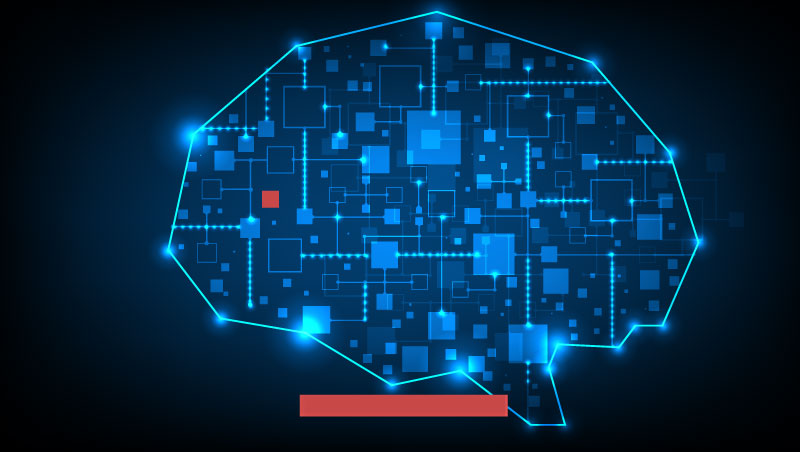
Robohub.org
The Frontiers of Machine Learning: Live webcast

The webcast will take place on today from 9am-5:30pm EST and February 1st from 9am-5pm EST. Webcast participants are encouraged to submit questions for the presenters by e-mailing Michelle Schwalbe at mschwalbe@nas.edu who will read them out if time permits.
Machine learning is at the core of many applications that have become part of daily life, from voice recognition to image perception. These technologies, which a few years ago were performing at noticeably below-human levels, can now outperform people at some tasks. As the field continues to evolve, machine learning has the potential to play a transformative role across a diverse range of sectors including transportation, medicine, public services, and finance. This forum will bring together scientists from the UK and the US to explore potential applications for machine learning and discuss the legal and ethical challenges that could arise as machine learning algorithms are implemented.
Session outlines below:
Session 1: The Frontiers of Machine Learning
The ubiquity of data, accessibility of computing power, and algorithmic advances have driven rapid progress in machine learning over the past five years. Not only does machine learning now underpin many applications that have become part of daily life, the field continues to evolve quickly, and has the potential to play a transformative role across a diverse range of sectors. This session will explore the frontiers of machine learning, in terms of both cutting-edge technology and near-term applications, and discuss the state of the art of machine learning.
Session 2: Machine learning and society
People and machine learning systems are increasingly interacting through a range of applications or contexts. This expansion of machine learning raises legal and ethical questions, re-frames discussions about uses of data, and poses new challenges for the governance of this technology. The social acceptability of different machine learning applications, desirability of automated decision-making processes, adequacy of processes to manage concerns about statistical stereotyping or privacy, and more, will all influence how and where society has confidence in the deployment of machine learning systems. This session will explore the societal implications of increased use of machine learning, and the opportunities and challenges associated with advances in the field.
Session 3: Machine learning in the research and commercial communities
There are enormous opportunities in machine learning in academia, research labs, and industry. While much of the research and development of machine learning to date has been done in the commercial world, each of these communities will continue advancing this field. Establishing key research challenges and areas of commercial opportunity will, therefore, be important in moving the frontiers of machine learning forward. This session will explore key areas of interest in machine learning in the research and commercial communities.
Twitter feed
About the Sackler Forum
The Raymond and Beverly Sackler U.S.-U.K. Scientific Forum was established to help the scientific leadership of the United Kingdom and the United States forge an enduring and productive partnership on pressing topics of worldwide scientific concern with benefit to all people. These meetings are organized jointly by the National Academy of Sciences and the Royal Society, and alternate between locations in the U.S. and the U.K. This program is made possible by a generous gift from Raymond and Beverly Sackler.
tags: AI, c-Events, Deep Learning, machine learning




